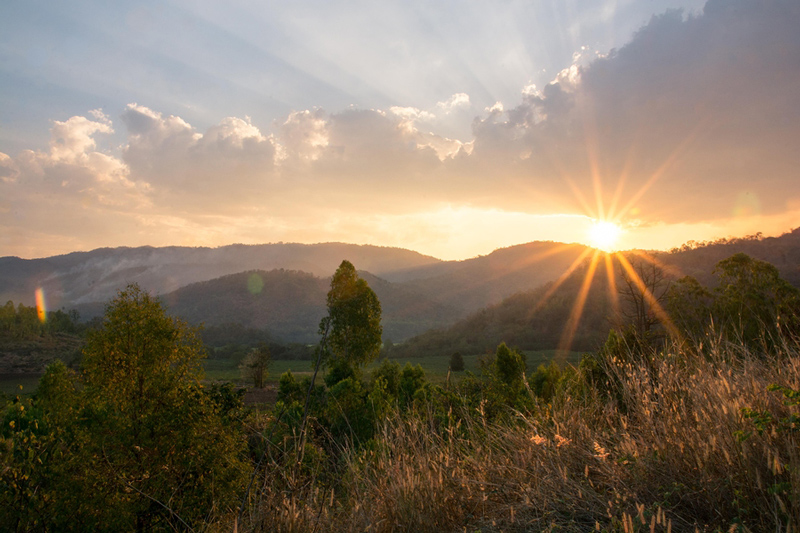
Among the summer’s newsmaking stories were wildfires in western states, an outflow of wastewater from an abandoned gold mine rushing downriver in Colorado, and searing temperatures worldwide. Just before summer, on Pentecost Sunday, Pope Francis sparked his own kind of wildfire by issuing the encyclical “Laudato Si’: On Care for Our Common Home”.
Almost immediately there was political blustering about the pontiff’s foray into environmental issues. As the media put out its blurbs about the papal letter, readers got the impression that Pope Francis had made another first in Catholic history. When we look into it, however, we find that the back story is quite different.
Ever since the killer smogs and atmospheric nuclear tests of the mid-20th century, environmental pollution has received increasing attention from Church leaders. The Second Vatican Council, in its Constitution on the Church, enjoined the faithful to “learn the deepest meaning and the value of all creation.” In “The Church and the Modern World,” it made the point that the common good includes resources which should be considered common property. The council fathers spelled out cautions about how modern warfare and unfettered development not only harm people but also devastate the earth.
Over the past few decades, bishops’ conferences on every continent have urged people of faith to realize that care for creation is indeed a moral issue. The bishops have called for prudent and temperate use of natural goods and for foresight on behalf of future generations. They have invited people to simplify their lifestyles, to attend to the needs of the poor, and to have a regard for our planet as part of a “sacramental universe.”
The bishops of the Philippines startled people when they referred to environmental concerns as “the ultimate pro-life issue.” They made it clear that they were not minimizing the imperative to respect human life. Rather, they wanted to highlight the fact that human life could not be sustained if people did not have access to clean water, breathable air, unpolluted fisheries, and toxin-free land on which to plant crops.
The Catechism, too, has offered extensive commentary on key biblical and Thomistic concepts: the inherent goodness of every creature; the value of creaturely diversity; the harmony and beauty of the universe; and the limits on human dominion over the earth. Among the demands of the seventh commandment, it reminds people that the goods of creation are destined not just for present consumers but for those yet to be born. It declares that we are obligated to care for earthly resources and to be kind to animals.
St. John Paul II included urgent comments about ecological issues in “The Gospel of Life.” Pope Benedict XVI wrote, in “Charity in Truth,” that individuals and governments are duty-bound to hand on a planet which is in good condition.
So when Pope Francis talks about ecological concerns and environmental sin, he is preaching from the pulpit of a well-publicized papacy. But he is not really saying anything terribly new.
By Sister Pamela Smith, SSCM

